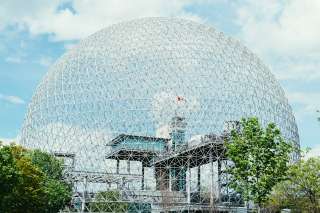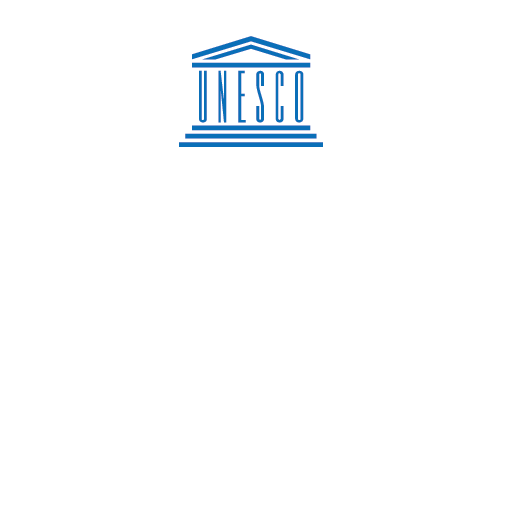UNESCO works to advance and promote science in the interests of peace, sustainable development and human security and well-being, in close collaboration with its Member States and a wide variety of partners.
The creation of knowledge and understanding through the natural, human and social sciences enables solutions to be found to today’s economic, social and environmental challenges, thereby encouraging sustainable development and eco-friendly societies. Given that no country in the world can achieve sustainable development on its own, scientific cooperation at the international level contributes not only to scientific knowledge but also to the building of peace between countries.
UNESCO helps countries to invest in science, technology and innovation (STI), to formulate national scientific policies, to reform their scientific systems and to reinforce their capacity to follow up and evaluate performance, using STI indicators and statistics that take into account the great diversity of contexts specific to each country.

The teaching of sciences and engineering at all levels as well as research facilities need to be consolidated in order to allow every country to develop solutions adapted to their own specific problems and thus help them play their part in the international field of science and technology.
Creating links between both natural and social sciences and society, helping citizens to a better understanding of science and thus encouraging their participation in this field, has proved essential to building societies where people have the knowledge needed to make informed choices at the professional, personal and political levels, and to take part in the exciting world of discovery. Traditional knowledge systems, developed through long and close interaction with nature, complete the knowledge systems based on modern science.

